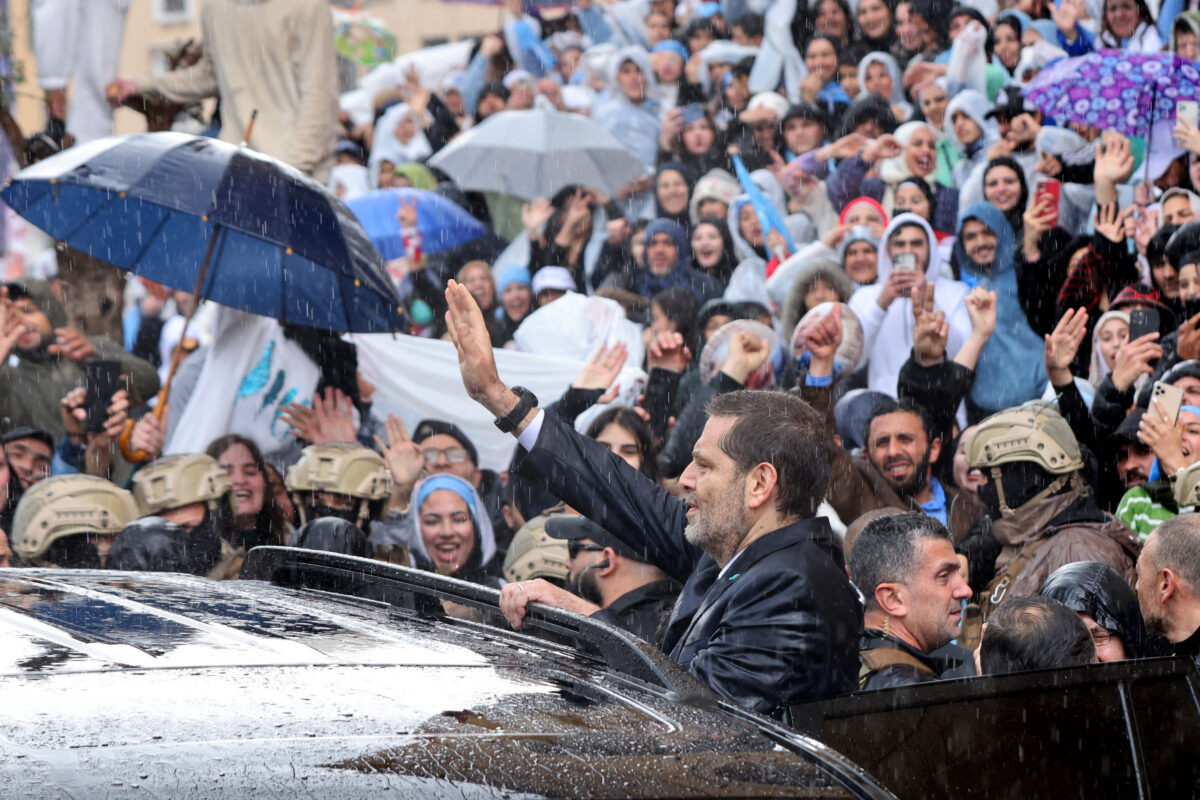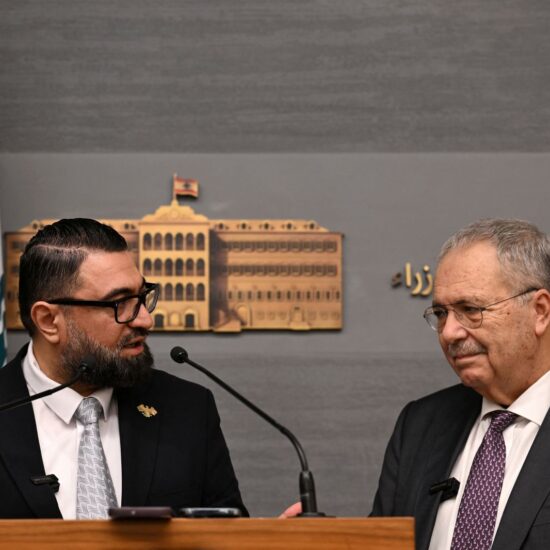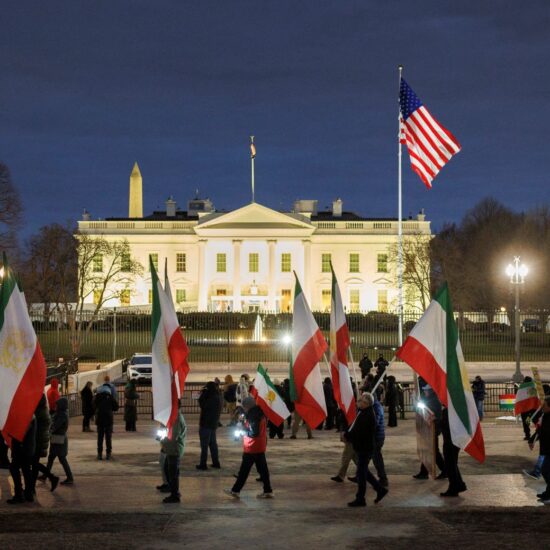
As Beirut remembers, questions linger amid calls for accountability and reform
In Beirut, Lebanon, supporters of Saad Hariri gathered at the grave of his father, former Prime Minister Rafic Hariri, commemorating the 19th anniversary of his tragic death. The atmosphere was one of reverence mixed with frustration, as the unresolved questions surrounding Hariri’s assassination lingered like a persistent fog.
He told the crowd: “Rafic Hariri undertook a future project for this country, and he was martyred because he was moderate and had a vision for the advancement of this nation.”
Rafic Hariri, a prominent figure in Lebanese politics and business, was killed in a devastating explosion on February 14, 2005, leaving a void that has yet to be filled. Despite years of investigations and the establishment of the Special Tribunal for Lebanon (STL) by the UN Security Council in 2007, justice remains elusive, a distant mirage in the desert.
The STL, based in The Hague, has faced numerous challenges, including the nation’s economic crisis, which has strained resources and diverted attention from the pursuit of truth. In 2020, the court convicted Hezbollah senior member Salim Jamil Ayyash in absentia for Hariri’s assassination. However, questions persist about Ayyash’s involvement in other killings during that period, casting doubt on the extent of accountability achieved.
The lack of closure not only prolongs the pain for Hariri’s supporters but also perpetuates a cycle of impunity that emboldens perpetrators and undermines the rule of law. In a country where political violence often goes unpunished, the pursuit of justice is not just a matter of honoring the past but also safeguarding the future.
Equally Lebanon’s ruling elite, protected by Hezbollah, have also disregarded the local Lebanese judiciary quest for justice for many of the political assassinations since 2005, the last being the murder of anti-Hezbollah critic and political activist Lokman Slim, as well as the August 4 2020 Beirut port explosion which remains pending.
As Lebanon reflects on the legacy of Rafic Hariri’s assassination, the need for accountability and reform in Lebanese politics looms large. The failure to address the root causes of political violence only perpetuates a system rife with corruption and sectarian divisions, leaving ordinary citizens caught in the crossfire.
Inconclusion, Hariri’s supporters are resolute in their pursuit of justice, recognizing the importance of addressing Lebanon’s past wrongs. For them, uncovering the truth is not just a moral imperative but a necessary step towards progress. It’s akin to lifting a heavy burden that has weighed down the nation for too long, allowing Lebanon to move forward with renewed hope and resilience.







